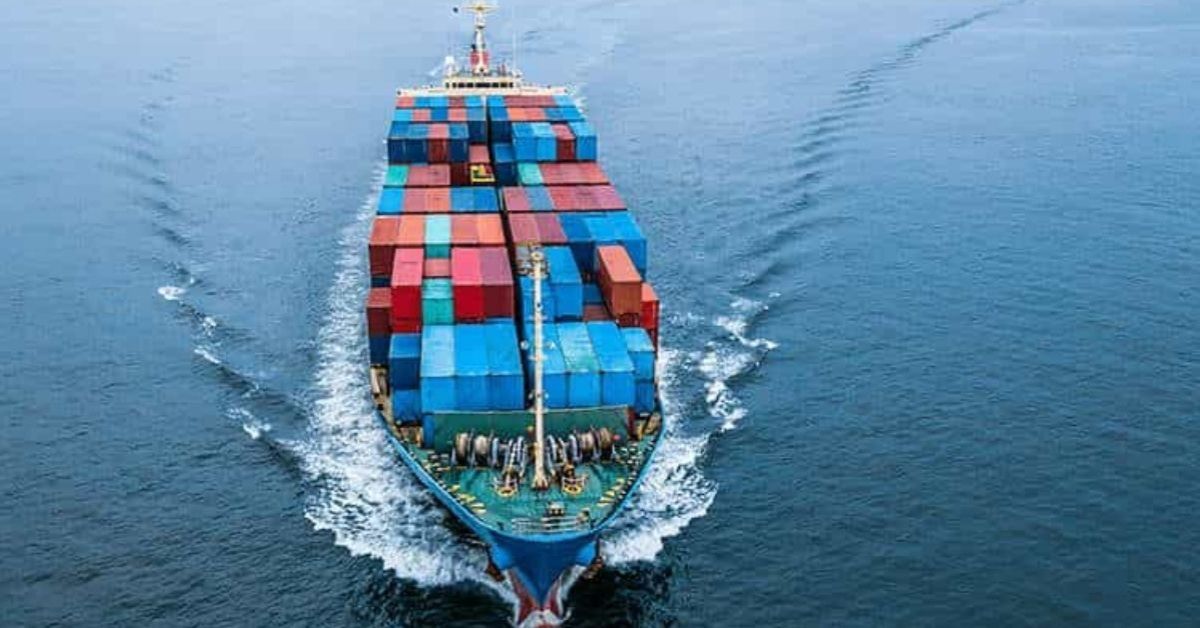Union Shipping Minister Sarbananda Sonowal moved the Coastal Shipping Bill, 2024 and stated that the legislation will unlock India’s maritime potential and provide a sustainable alternative to road and rail transport. Moving the bill for consideration and passage in the Lok Sabha, Sonowal, who holds the ports, shipping and waterways portfolio, said with the logistics sector seeking low-cost, reliable and sustainable alternatives, the legislation will provide a much-needed push to the maritime industry through a dedicated legal framework for coastal shipping.
Sonowal also noted that the bill aligns with the National Logistics Policy and promotes coastal shipping as a cost-effective mode of transport that could significantly lower the overall logistics costs. Sonowal also pointed out that the current regulations and licensing do not provide a forward-looking framework in line with the global best practices.
Opposition MPs, however, raised concerns about the bill’s impact on fishermen and the role of states in coastal shipping governance. Congress MP Manickam Tagore accused the government of overlooking the struggles of fishermen, particularly in Tamil Nadu and Gujarat.
He demanded the inclusion of weather alerts, life vests for every fisherman, and certification for their boats under the proposed law, while also calling for the removal of the 30 per cent tax on coastal shipping.
BJP MP Arun Govil backed the bill, stating that it would reduce bureaucratic hurdles and enhance the global standing of the Indian shipping companies.
Samajwadi Party MP Naresh Chandra Uttam Patel expressed concerns over the “concentration of power” in the hands of the Central government.
Emphasising the need to balance regulations with investment, Trinamool Congress MP Sougata Roy said, “We must not allow regulations to hamper investment. This bill introduces uniformity and transparency. However, we should mandate that at least 50 per cent of domestic cargo be transported by Indian vessels and create an independent body to oversee shipping matters.” Roy also called for a minimum employment quota for Indian seafarers in Indian shipping companies.
DMK MP D M Kathir Anand strongly opposed the bill, arguing that it undermined state autonomy.
He also warned that increased shipping activity could lead to oil spills and environmental degradation, affecting the livelihoods of fishermen.
Telugu Desam Party (TDP) MP Lavu Sri Krishna Devarayalu stressed the importance of protecting Indian shipping interests. Highlighting that nearly 49 per cent of India’s coastal fleet is over 20 years old, the TDP MP called for provisions to provide low-cost capital and long-term financing to modernise the shipping sector.
The Coastal Shipping Bill introduced in the Lok Sabha on December 2, 2024, seeks to regulate vessels engaged in trade within the Indian coastal waters.
Under the bill, coastal waters mean territorial waters of India, along with adjoining maritime zones. Territorial water extends up to 12 nautical miles from the coast (about 22 km). The adjoining maritime zones extend up to 200 nautical miles (about 370 km), according to PRS, a think-tank.







